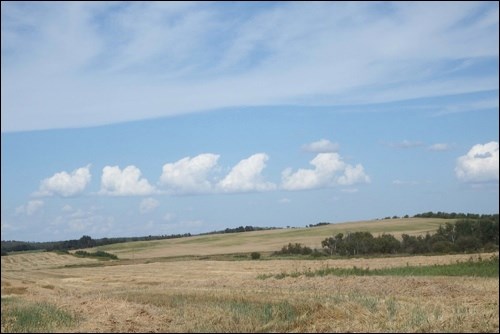The Agricultural Producers Association of Saskatchewan is pleased with the passage of provincial civil trespass legislation.
“Producers have been facing growing risks around biosecurity, and we need more control over who can access our land. “APAS President Todd Lewis stated. “The potential economic and environmental costs to our industry from the spread of disease and invasive pests are considerable. Having a consistent set of rules for agricultural land access is very welcome.”
Lewis pointed to the growing incidence of clubroot In Saskatchewan, which is a disease that affects canola and other plants in the brassica family. “The spread of a soil-borne disease like clubroot is a major risk to our most important cash crop In Saskatchewan. It can be spread by hunters, recreational vehicle users, contractors or anyone accessing our property,” Lewis explained.” Once the disease is established, the affected producer is unable to grow canola for the next 15-20 years. The risk to our farms and to our provincial economy is too great to ignore.”
Lewis added that other risk factors include the spread of animal diseases and weed species. “Anything that can travel on a vehicle, or a piece of equipment, or even a clump of mud on a pair of boots, poses a potential threat to our livelihoods,” Lewis concluded, “ Producers need to have the right to control those risks, and this legislation provides a uniform and consistent approach that requires our consent to access our property.”
Soil-borne biosecurity risks include weed seeds, bacteria, spores, prions, viruses and other pathogens)
Key Risks:
• spores (Clubroot, Root Rot, Black Leg)
• bacteria (Anthrax, Botulism)
• prions (Chronic Wasting Disease including Bovine Spongiform Encephalopathy)
• soil-borne viruses




